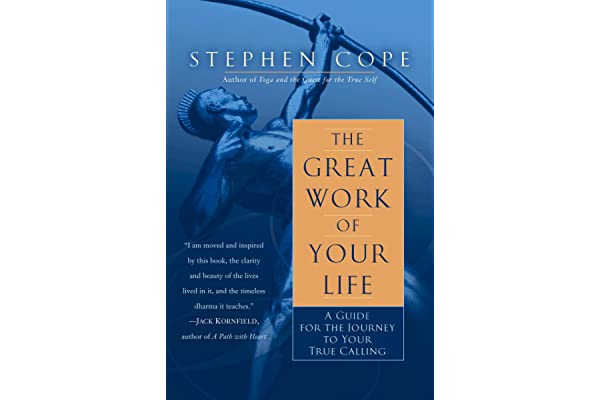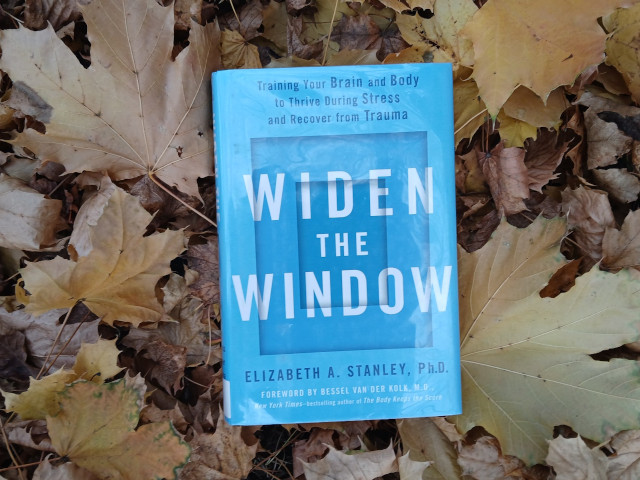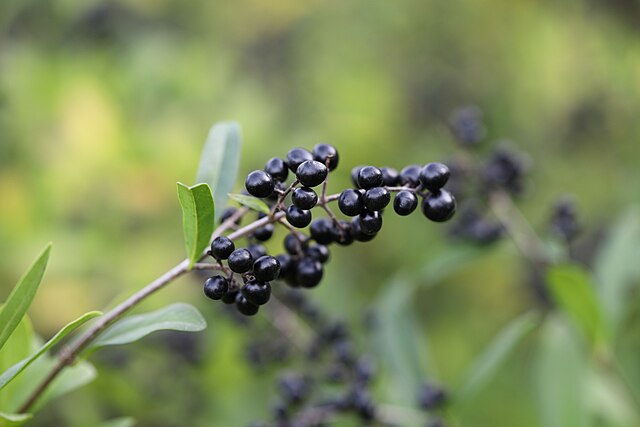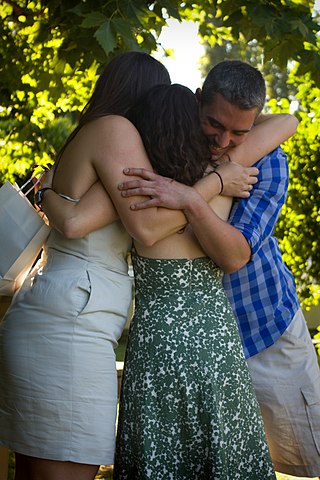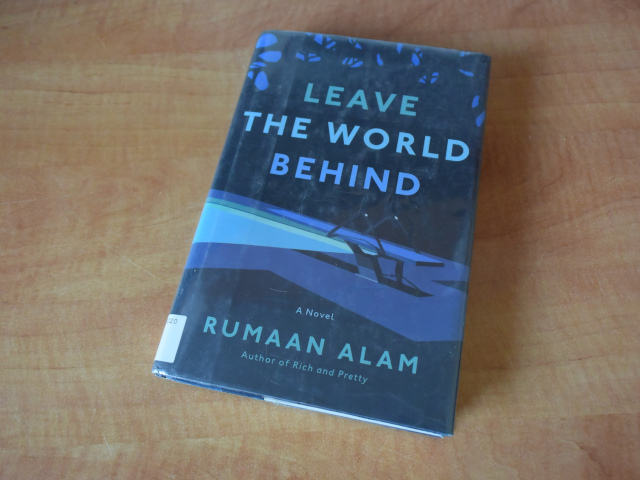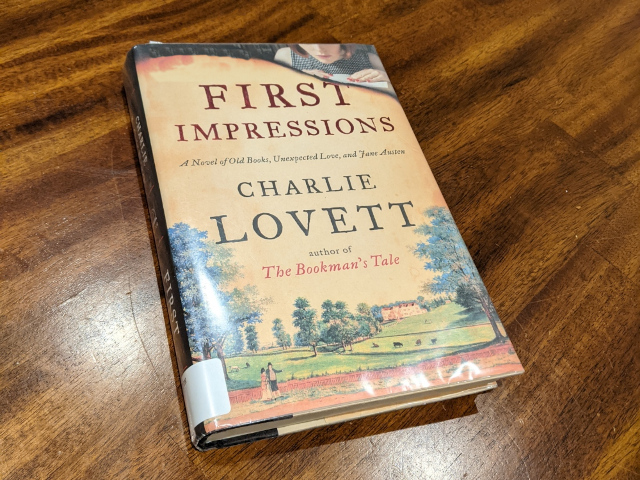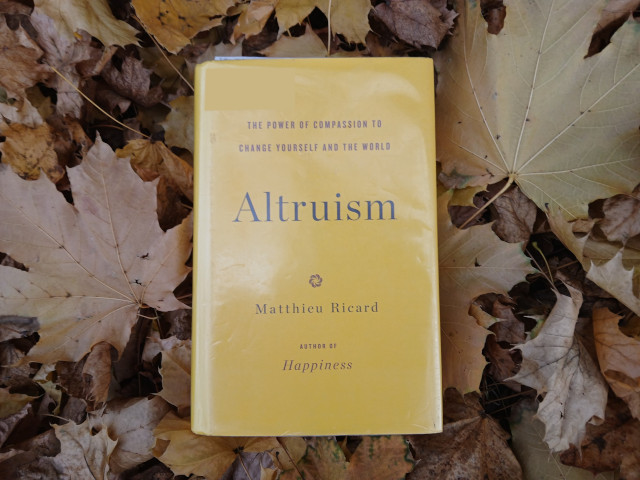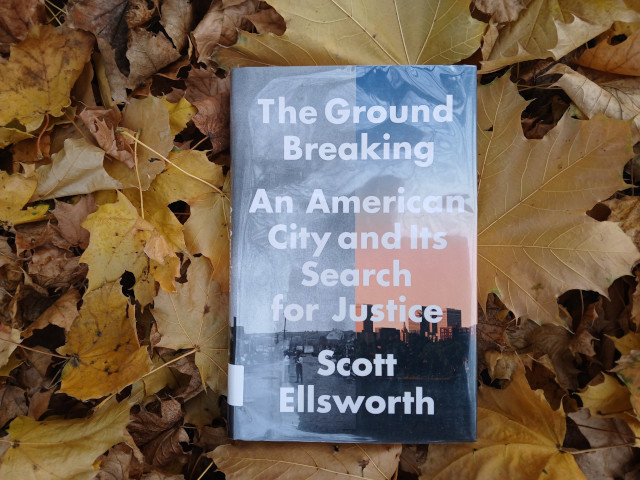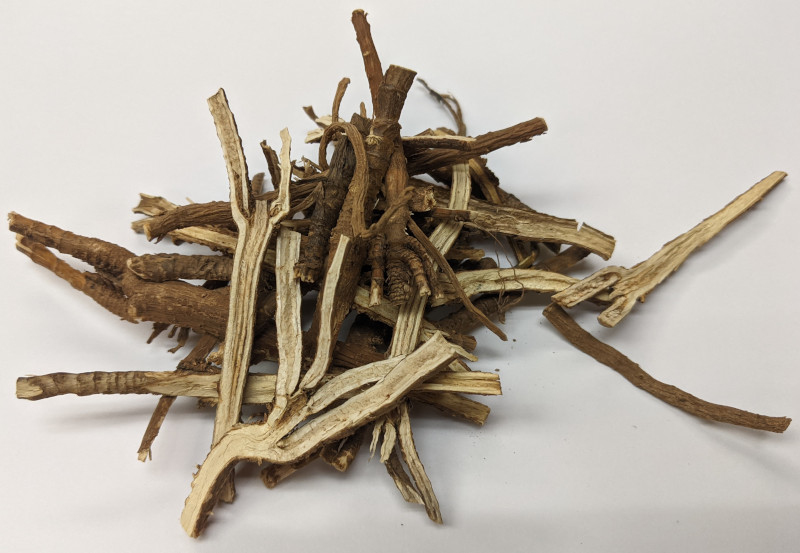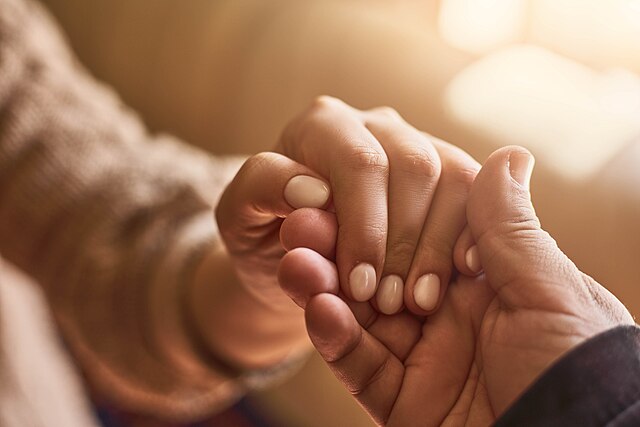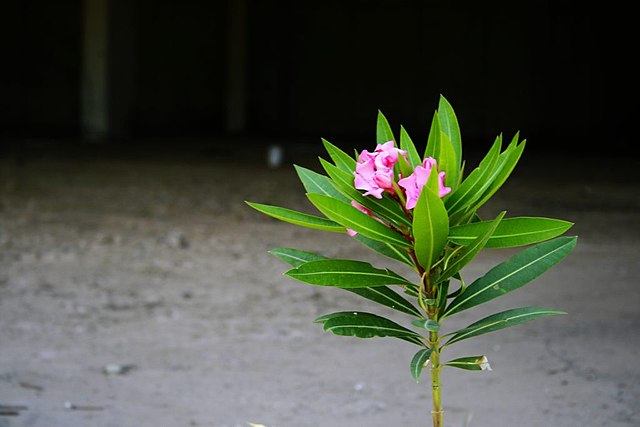
Very little grows on jagged rock.
Be ground. Be crumbled,
so wildflowers will come up where you are.
You have been stony for too many years.
Try something different. Surrender.
~Rumi
“Where in your life have you demonstrated resilience?”
It’s a question our instructor, Alexa, asked us this past week as part of our compassionate resilience training.
I paused and thought about this for a beat, a note of panic rising in my chest as I searched through the dark woods of my memories for an example to share.
I found it a tough question to answer. It’s not that I haven’t gone through hard times. In fact, I often feel like I’ve spent my entire life stumbling from one disaster to the next. But have I ever demonstrated resilience?
The short answer to that question is a big, fat “No”. I feel like a failure. Tears come to my eyes. I’ve always tried so hard. How is it that despite all those efforts, I’ve still managed to do so badly in life?”
As my tears begin to flow, some of my classmates pipe up. They tell stories of shock and trauma. Of abuse and isolation, and how they’ve managed to pull themselves back up again despite their circumstances. They tell stories of the resources they tried to access, sometimes incompletely, but always making the attempt. They tell stories of how they stumbled, but still moved on as best they could.
Is that what resilience is? The mere survival of difficult circumstances? I’ve always thought of it differently. I’ve always pictured it louder, with a more triumphant ring of success.
When I look resilience up in the dictionary, it says: “the power or ability of a material to return to its original form, position, etc., after being bent, compressed, or stretched; elasticity,” or “the ability of a person to adjust to or recover readily from illness, adversity, major life changes, etc.; buoyancy“.
These definitions suggest a return to wholeness, with an unchanged spirit. Like the bad event never even happened. That’s how I’ve always thought of it too. That if you can’t bounce right back to the way you were before, then you’re clearly not resilient and you’ve failed.
But as the stories of my classmates keep coming, they describe something rather different. They detail all the ways they tried to survive. The ways they managed to find some sense of control over difficult events. The steps they took to make themselves feel better, even if only for a moment. Success, when it came, was often far into the future.
And as I begin to reflect further, I think to myself, “Didn’t I do that too”? Didn’t I seek out someone to talk with? Didn’t I start meditating? Didn’t I learn to be with my feelings, rather than constantly pushing them under? Didn’t I create a safe space for myself where I could retreat when times were tough? Didn’t I keep going, despite everything?
Traditionally, my way of dealing with life’s many crises was to criticize myself, often quite severely. It was to deny my feelings and push myself even harder. It was to hate myself for all the mistakes I’ve made, and chip away at my sense of strength and self worth until I was left with nothing. But I am changing. Little by little, I am growing. This time, I didn’t do that.
Slowly and persistently, I have become more resilient.
As my classmates continue to describe their own pain and all the little sparks of resilience that followed, I allow some compassion to flow towards myself, as I’ve learned to do. I soften my heart, and show myself some tenderness, recognizing that I’ve always done the best I could.
Suddenly, my perspective starts to shift, and instead of seeing a life filled with stumbles and mishaps, a new and different narrative opens up. A narrative where I’m not necessarily a failure, a helpless victim bouncing from one crisis to the next, but more of a steadfast warrior. As a woman who has somehow managed to keep going, despite everything, with a heart that’s still beating. With a body that’s still breathing. With a spirit that is still warm and open.
Yes, I am resilient too.
In the past, I’ve always thought that if I wanted to be strong, I had to be hard on myself. But I’m gradually learning that resilience only comes when I can show myself some softness. When I can recognize that I am still a good person, with good intentions, who may have made some mistakes, but is still beautiful, and valuable, and unique, nonetheless.
And when I remind myself of this, the tears stop flowing. My chest opens. My shoulders become less tense and I find I can breathe more deeply again.
The world is full of hardness. This time, try something different. This time, see if you can soften towards yourself. See if you can crumble, so wildflowers grow where you are.


